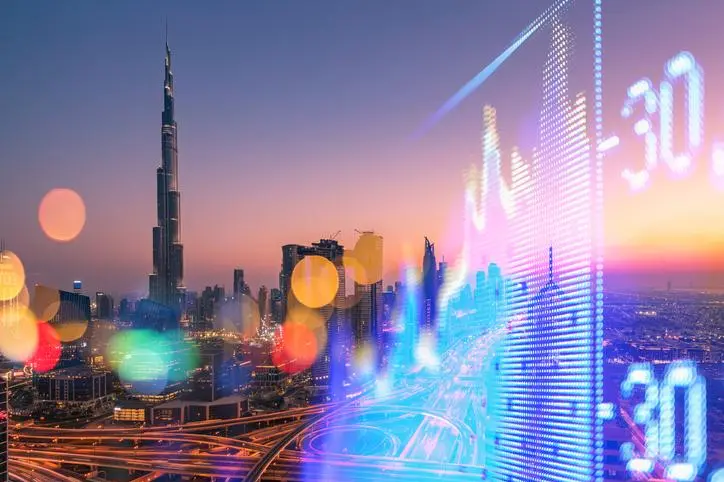PHOTO
High-net-worth individuals (HNWIS) in the UAE are the most optimistic that the local economy will bounce back after the coronavirus pandemic, but many of them are experiencing burnouts and compulsive thoughts due to the crisis, according to a new survey.
The study by Bupa Global, the international arm of UK-headquartered healthcare group Bupa, polled nearly 2,000 HNWIs and senior business executives in key markets.
It found that about nine in ten (88 percent) of UAE respondents were positive about local market recovery, higher than the average in other countries.
However, only less than half of the wealthy individuals are optimistic about how the global economy will fare after the pandemic.
The survey is part of the Bupa Global Executive Wellbeing Index that analyses the effects of COVID-19 on the world’s high-net-worth community. The respondents polled are based across Europe, North America, Middle East and Asia.
“In the wake of the pandemic, this global study analysed how the world’s high-net-worth individuals and senior executives perceive personal wellbeing, the health of their family, work life balance, healthcare infrastructure and the economy,” said Dean Pollard, general manager of Bupa Global for the Africa, India and Middle East.
According to Pollard, the results of the study indicated a “significant shift” in behaviour and will certainly reflect on the way business is conducted in the long term.
More findings
While the super-rich in UAE are positive about the local economy, only 38 percent are feeling optimistic that the world economy will bounce back, slightly higher than the average global sentiment, which remains at 36 percent.
The study also found that the pandemic has brought about extensive physical and emotional fallout, with more than a quarter (28 percent) of HNWIs in the country complaining about burnouts, compared to 17 percent globally.
About a fifth (21 percent) of respondents in the UAE also experienced obsessive or compulsive thoughts, compared to just 10 percent globally.
They also reported more cases of sadness and anxiety (35 percent), mental exhaustion (28 percent) and mood swings (27 percent).
Almost a quarter (24 percent) also reported feeling helpless or hopeless, significantly more than the global average (15 percent).
Changes
Given what they’ve been going through, many of the country’s HNWIs are now re-evaluating their values and goals, and they do not imagine themselves going back to the kind of life they used to have prior to the pandemic.
The majority (64 percent) are re-assessing their priorities and goals, while 63 percent are spending more time focusing on their physical and mental wellbeing by changing their diet and exercise, and 66 percent are rediscovering their passions and hobbies.
More than half (53 percent) said they do not want to return to their fast-paced lifestyle in a post-COVID world.
Nearly seven in ten (67 percent) said that the pandemic has made them reconsider how much time they spend away on work. They also felt the mental health benefits of spending less time on travel and nights away, with 46 percent of them saying they now enjoy the time away from the road.
Most of them said they are planning to reduce the time spent travelling, from the average of 5.4 hours per week on work-related travel prior to the pandemic to 4.6 hours.
(Writing by Cleofe Maceda; editing by Seban Scaria)
Disclaimer: This article is provided for informational purposes only. The content does not provide tax, legal or investment advice or opinion regarding the suitability, value or profitability of any particular security, portfolio or investment strategy. Read our full disclaimer policy here.
© ZAWYA 2020




















